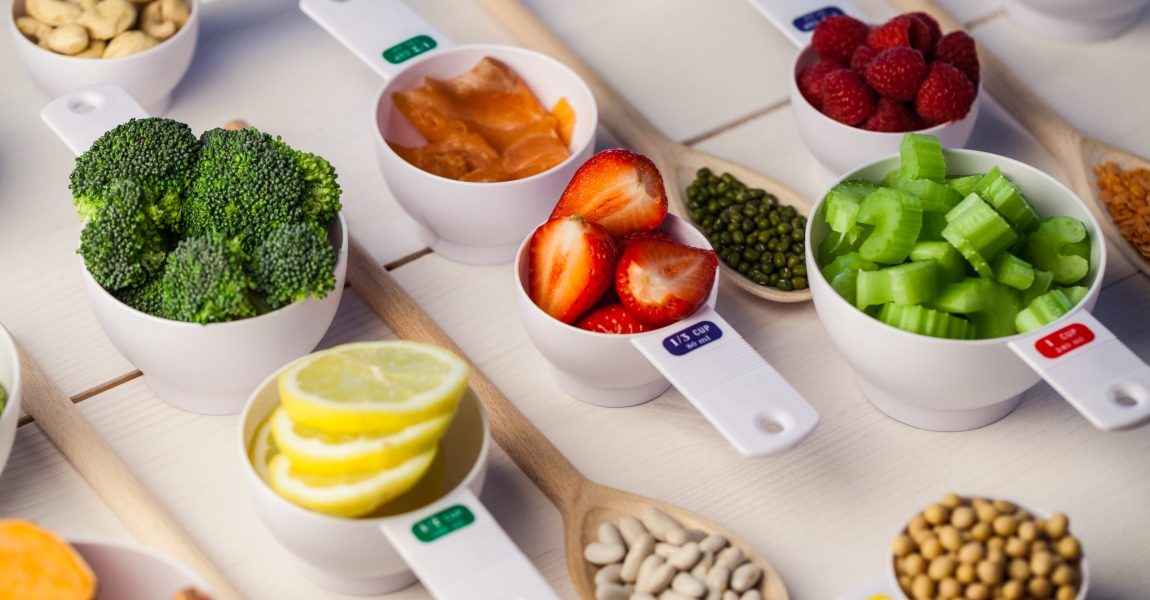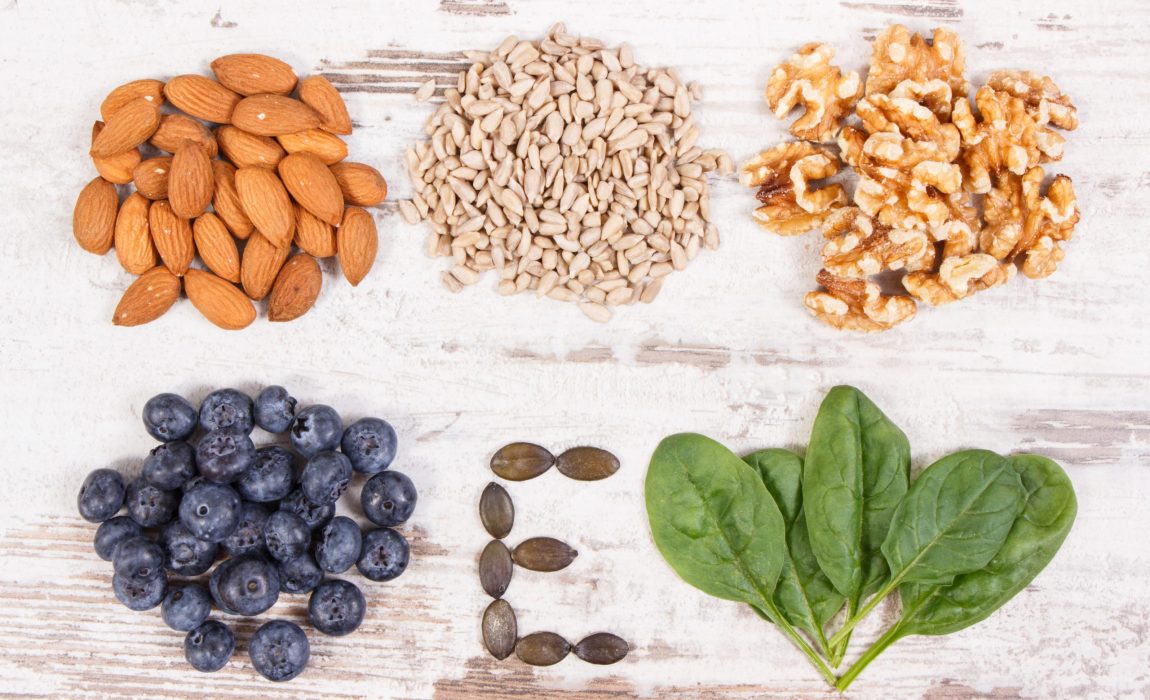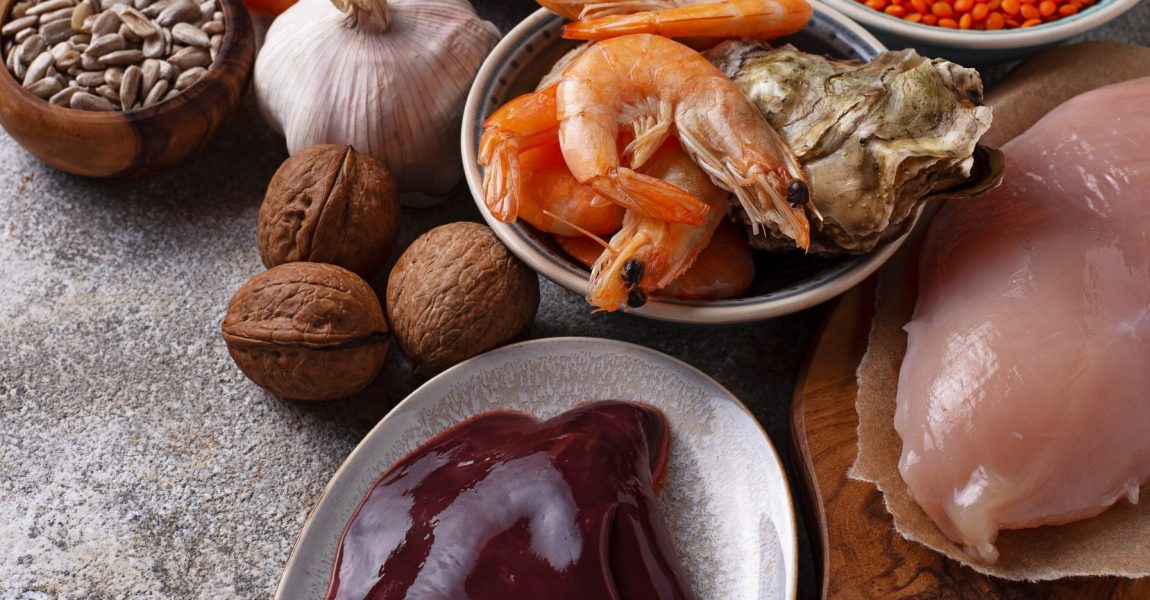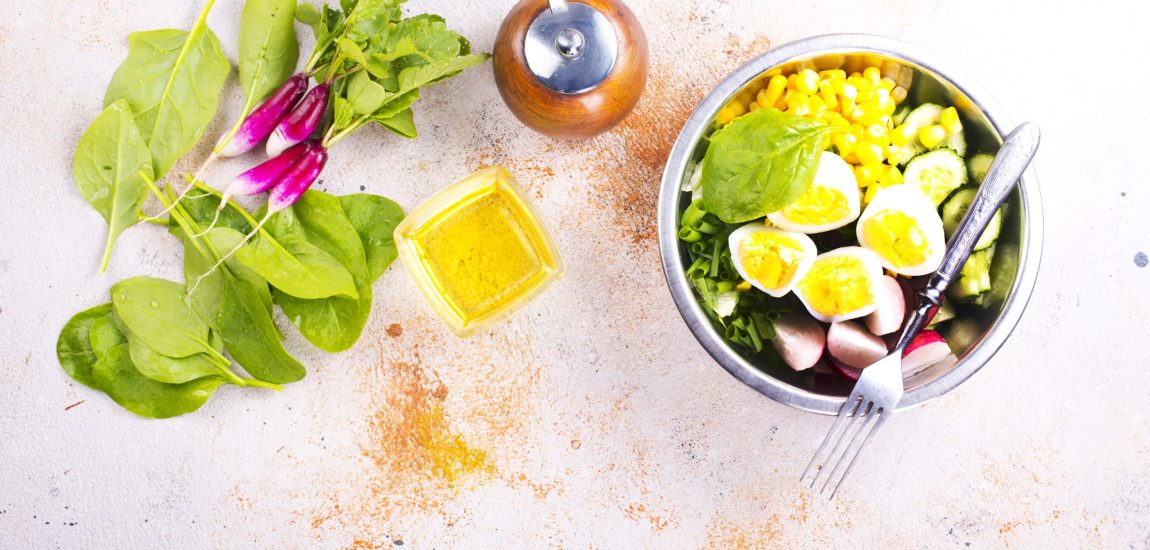How Antioxidants Protect Your Eyes
Antioxidants act as a defense system against oxidative stress, which can damage cells and contribute to aging and disease. Free radicals created by exposure to light, pollution, and other environmental factors attack eye cells, breaking down tissues over time. Antioxidants like vitamins C and E, zinc, lutein, and zeaxanthin combat this damage by stabilizing free radicals, preventing further cell damage, and preserving vision.
What You Can Do: Make antioxidant-rich foods a staple in your diet to help prevent cell damage and support long-term eye health.

Top Antioxidants for Eye Health
Vitamin C helps protect the lens and retina from oxidative damage and plays a key role in collagen formation, keeping blood vessels in the eyes strong. Studies suggest that vitamin C can reduce the risk of cataracts and slow the progression of AMD.
Sources: Oranges, kiwi, bell peppers, broccoli, lemon and more.
What You Can Do: Include a variety of vitamin C-rich fruits and vegetables in your daily meals to benefit your eyes.

Vitamin E acts as a powerful antioxidant that protects cells in the eyes from oxidative stress. It’s especially beneficial for slowing down the progression of AMD and preventing cataracts.
Sources: Almonds, sunflower seeds, spinach, avocados and more.
What You Can Do: Snack on a handful of almonds or add a sprinkle of sunflower seeds to your salad for a vitamin E boost.

Zinc is crucial for transporting vitamin A from the liver to the retina, where it aids in the production of melanin, a protective pigment for the eyes. Zinc deficiency has been linked to night blindness and other eye issues.
Sources: Meat, shellfish, legumes, pumpkin seeds and more.
What You Can Do: Incorporate zinc-rich foods like pumpkin seeds or lean meat into your diet to support your vision.

Lutein and zeaxanthin are carotenoids found in the retina that filter harmful blue light and protect against oxidative damage. These antioxidants are known to lower the risk of AMD and cataracts.
Sources: Leafy greens like spinach and kale, eggs, corn.
What You Can Do: Add leafy greens to your meals or enjoy an egg a day for a boost in these essential carotenoids.

Diet Tips for Antioxidant-Rich Eye Health
- Diversify Your Plate: Aim for a colorful plate filled with a variety of fruits and vegetables to get a range of antioxidants.
- Add Nuts and Seeds: Sprinkle nuts like almonds and seeds like sunflower seeds on top of salads or yogurt for added vitamin E and zinc.
- Choose Whole Grains: Whole grains like brown rice and quinoa contain antioxidants that can support eye health.
- Limit Processed Foods: Processed foods can increase oxidative stress, so aim to minimize their intake to allow antioxidants to work efficiently.
Conclusion: Power Up Your Eyes with Antioxidants
Adding antioxidants to your diet is a simple yet powerful way to support eye health. By including foods rich in vitamins C and E, zinc, lutein, and zeaxanthin, you can help protect your eyes from oxidative damage, slow the progression of age-related eye conditions, and maintain clear, healthy vision. Prioritize antioxidant-rich foods for long-term eye health benefits and see the world more clearly every day.

